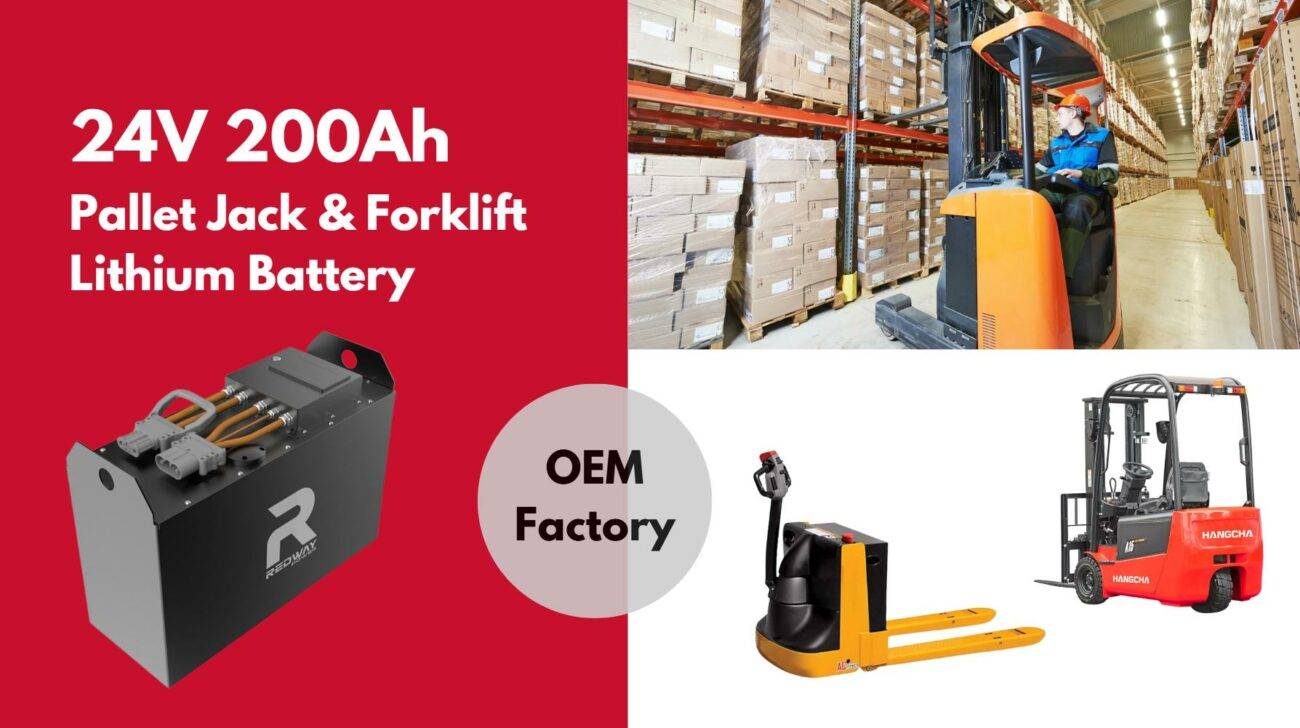
Blog
Are Lithium Forklift Batteries the Best Choice for Your Warehouse
Lithium forklift batteries are rechargeable power sources designed for electric forklifts, offering longer lifespans, faster charging, and lower maintenance than traditional lead-acid batteries. They reduce downtime, operate efficiently in varied temperatures, and provide consistent voltage output, making them ideal for high-demand warehouse operations. Their higher upfront cost is offset by long-term savings and productivity gains.
51.2V 48V 200Ah 210Ah Forklift Lithium Battery
How Do Lithium Forklift Batteries Compare to Lead-Acid Batteries?
Lithium batteries outperform lead-acid in lifespan (2-3x longer), charging speed (1-3 hours vs. 8-10), and energy efficiency (95% vs. 70-80%). They require no watering, acid handling, or equalization charging. Unlike lead-acid, lithium batteries maintain consistent power until fully discharged and operate optimally in cold environments. Initial costs are higher, but total ownership costs are 30% lower over time.
In cold storage facilities, lithium batteries maintain 95% capacity at -4°F compared to lead-acid’s 50% capacity drop. Their ability to handle opportunity charging allows for 15-minute power boosts during shift changes without damaging cells. A recent study showed warehouses using lithium batteries reduced energy costs by $18,000 annually per 10 forklifts through peak shaving and reduced ventilation needs.
| Feature | Lithium | Lead-Acid |
|---|---|---|
| Charge Time | 1.5 hours | 8 hours |
| Cycle Life | 4,000 cycles | 1,200 cycles |
| Energy Efficiency | 95% | 75% |
What Environmental Advantages Do Lithium Forklift Batteries Offer?
Lithium batteries reduce carbon footprint by 40% through energy efficiency and 98% recyclability. They contain no toxic lead or sulfuric acid. Production uses 60% less water than lead-acid manufacturing. Many suppliers offer closed-loop recycling programs, recovering 95% of lithium, cobalt, and nickel for reuse.
Modern recycling processes can extract 97% of lithium carbonate for reuse in new batteries through hydrometallurgical techniques. Unlike lead-acid systems requiring hazardous material handling certifications, lithium batteries qualify for LEED certification points due to their low environmental impact. Facilities using lithium report 62% reduction in waste management costs associated with battery maintenance and disposal.
“Lithium forklift batteries revolutionize material handling with their 24/7 operational readiness. Our clients report 40% productivity gains from eliminating battery changes. The real game-changer is the data-rich BMS—it predicts maintenance needs and optimizes charging patterns based on usage. These batteries aren’t just power sources; they’re smart fleet management tools.”
— Redway Power Solutions Engineer
FAQ
- Do lithium forklift batteries require special chargers?
- Most work with existing chargers, but lithium-specific models optimize charging speed and battery health.
- Can lithium batteries freeze?
- They operate in -4°F to 140°F but charge best at 32°F-113°F.
- Are lithium forklift batteries UL-certified?
- Top brands meet UL 2580, UN 38.3, and IEC 62133 standards.
- How are spent lithium batteries recycled?
- Specialized facilities recover 95%+ materials through shredding, hydrometallurgy, and reuse in new batteries.




